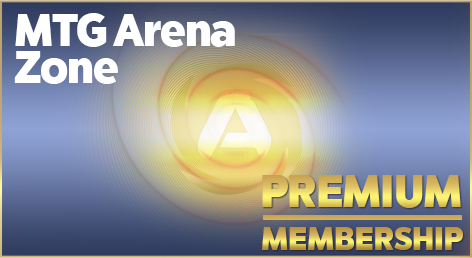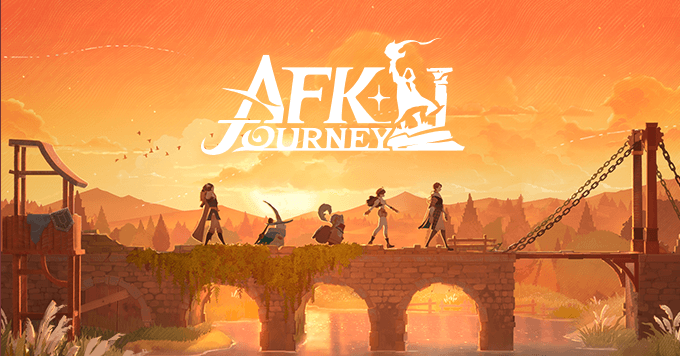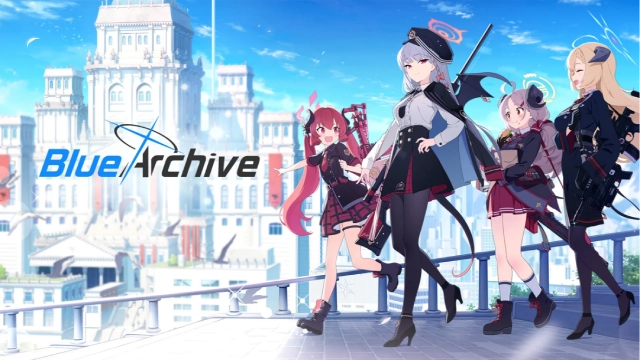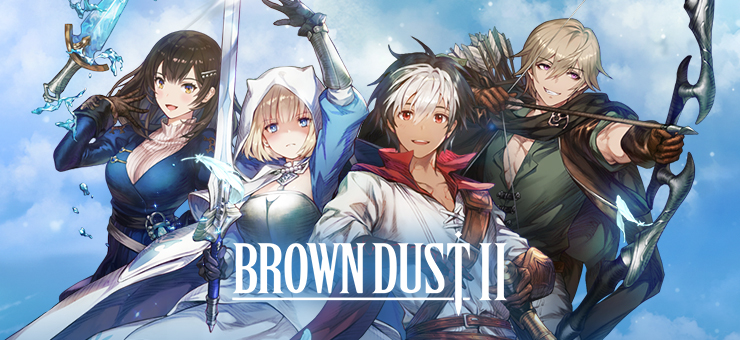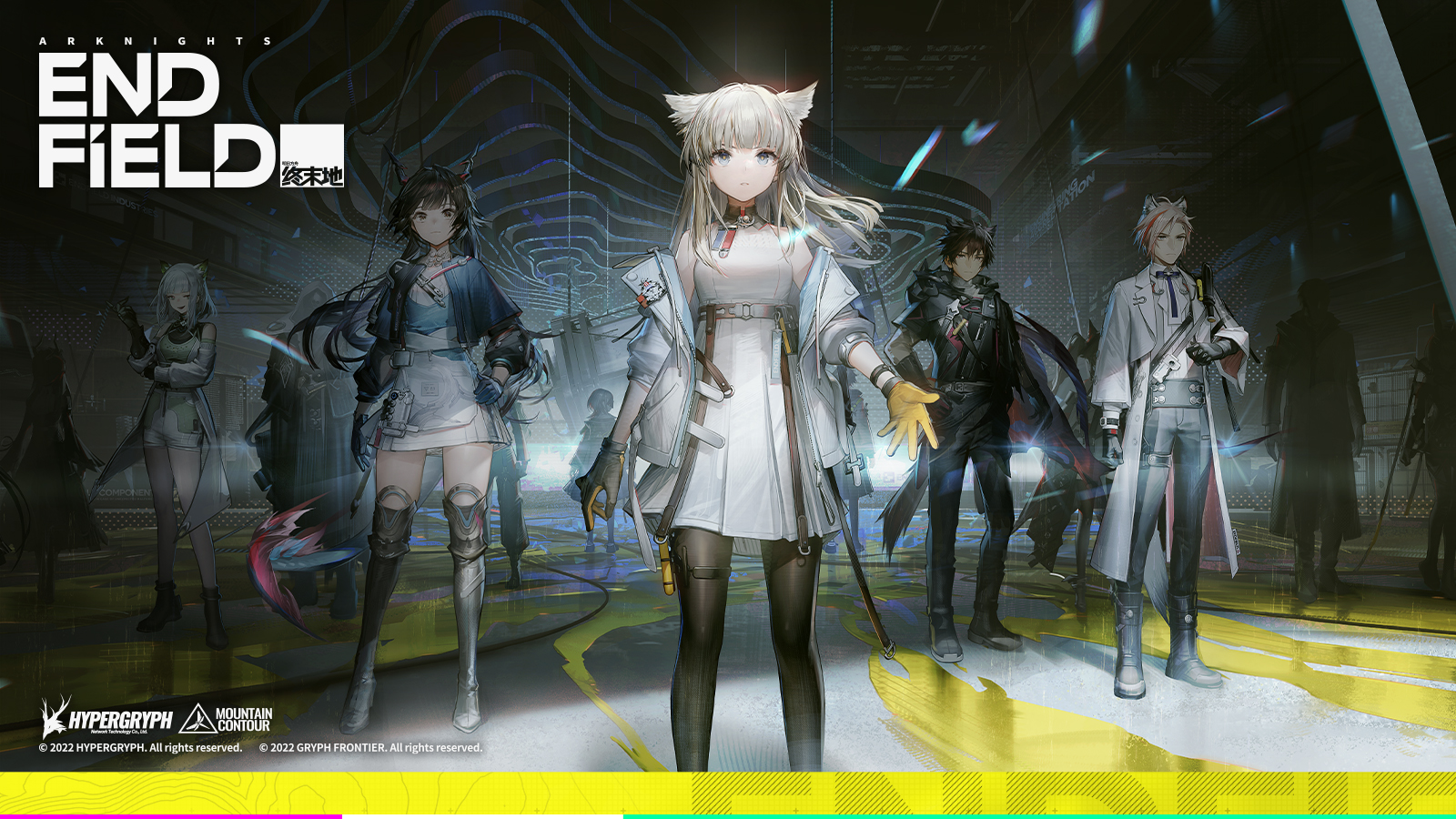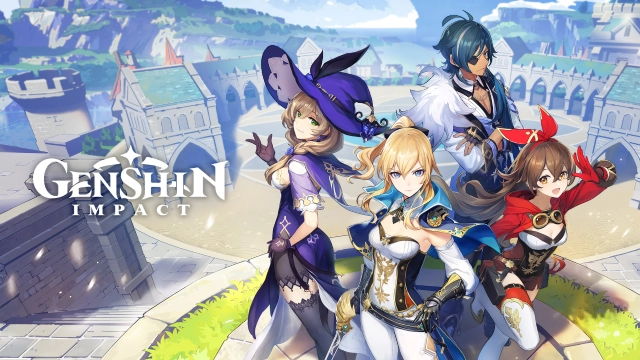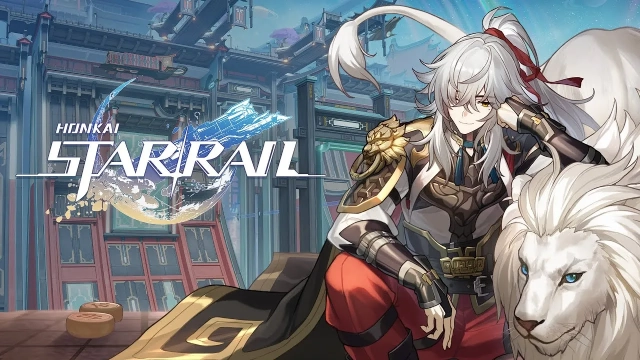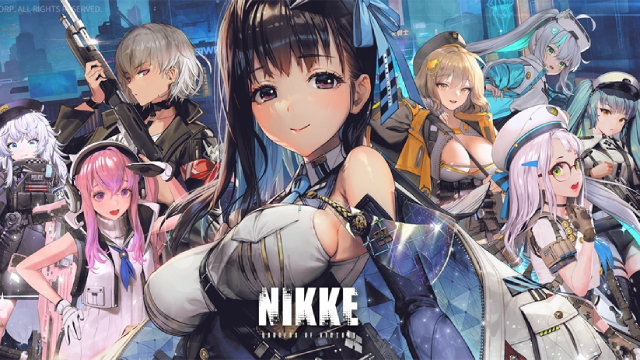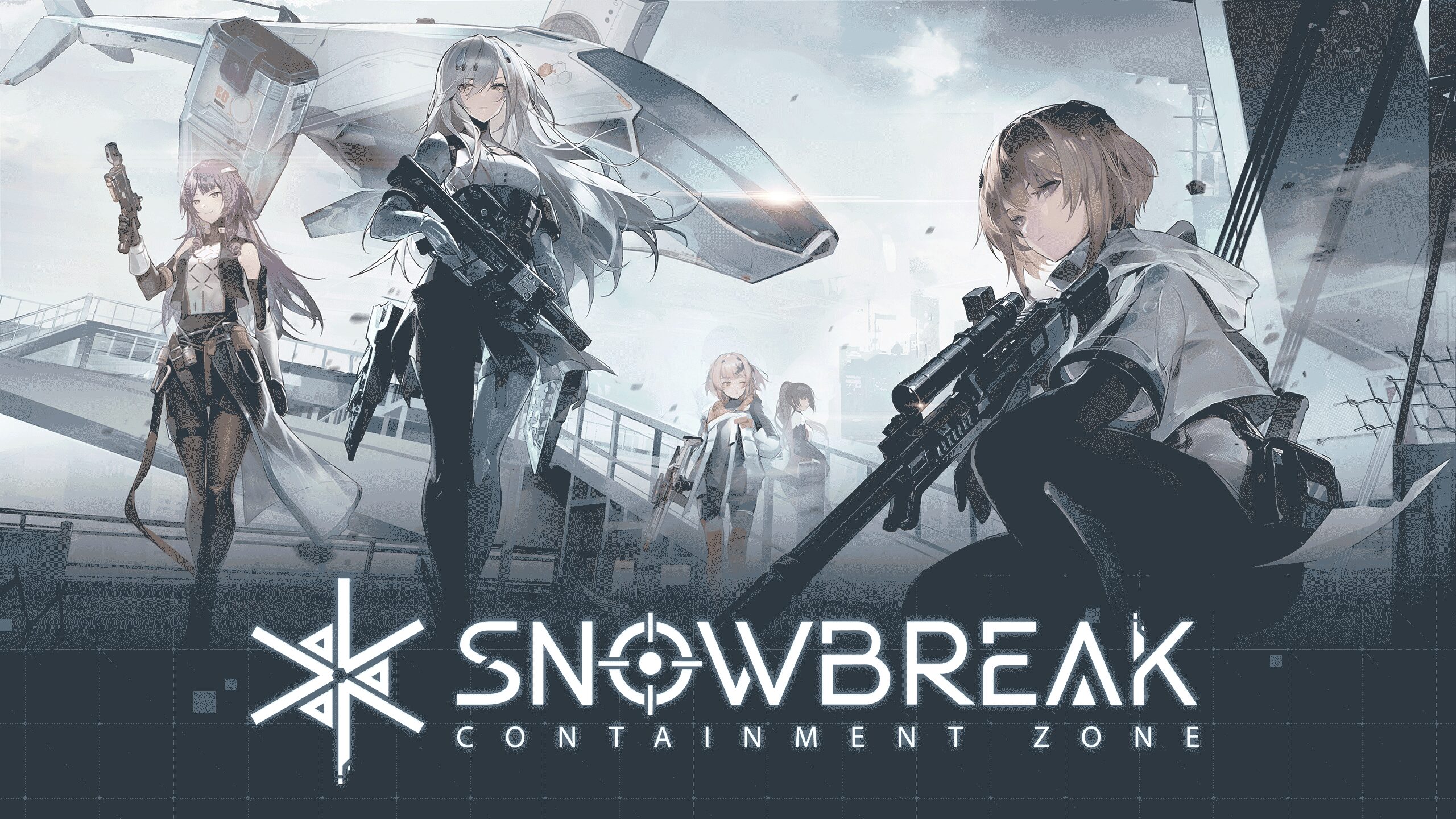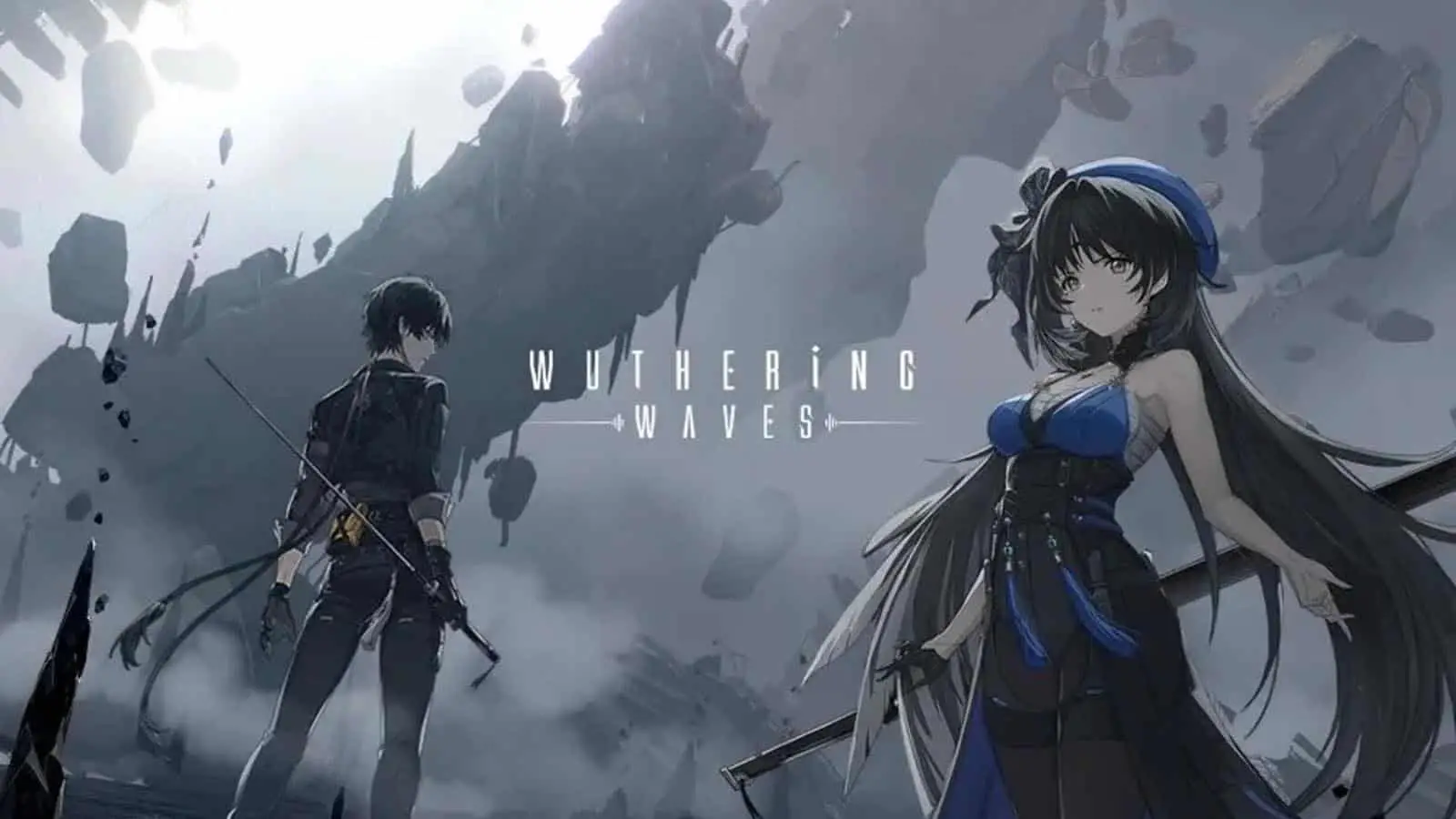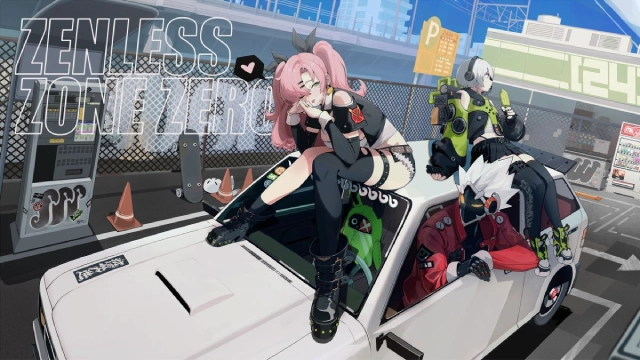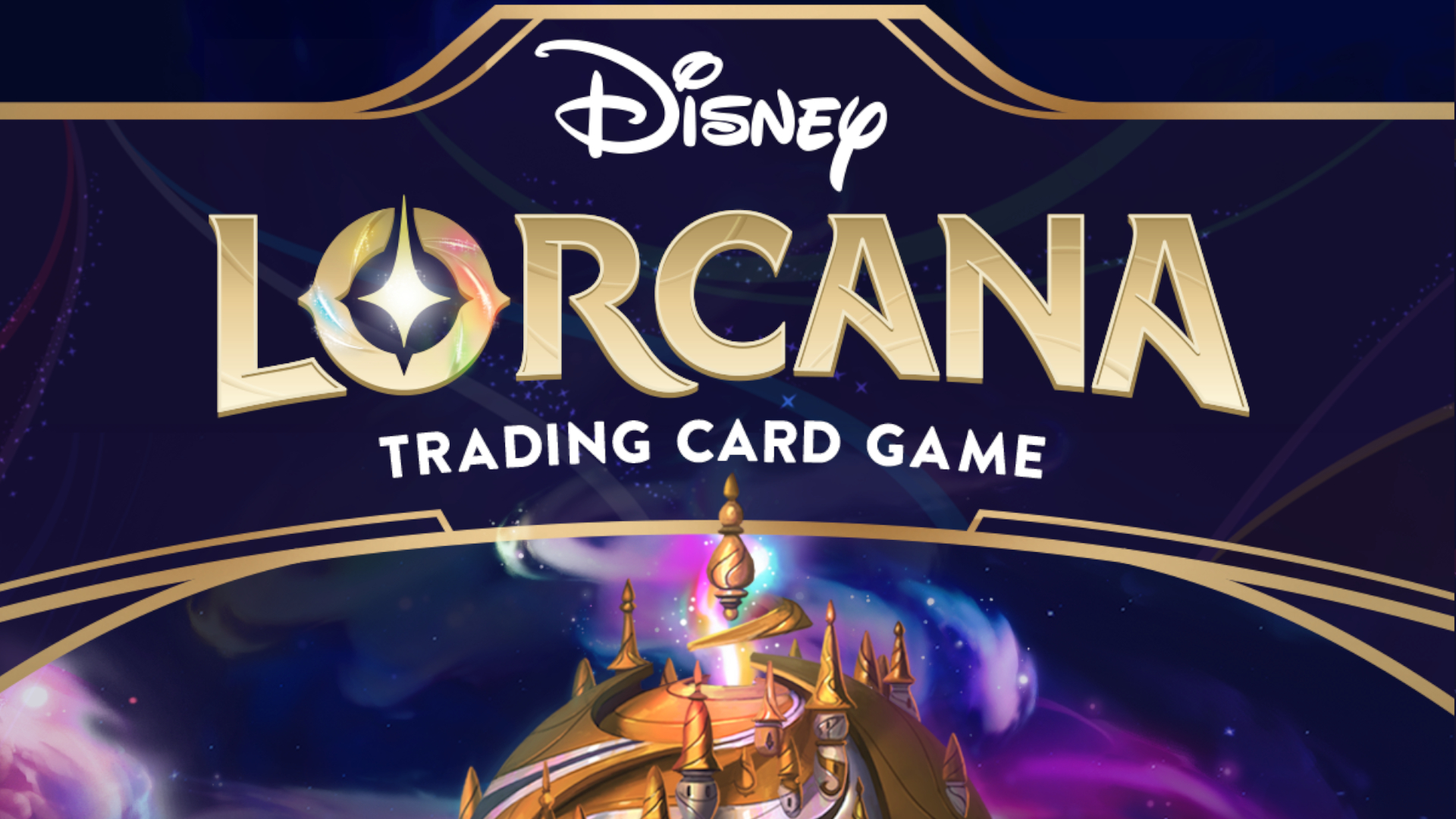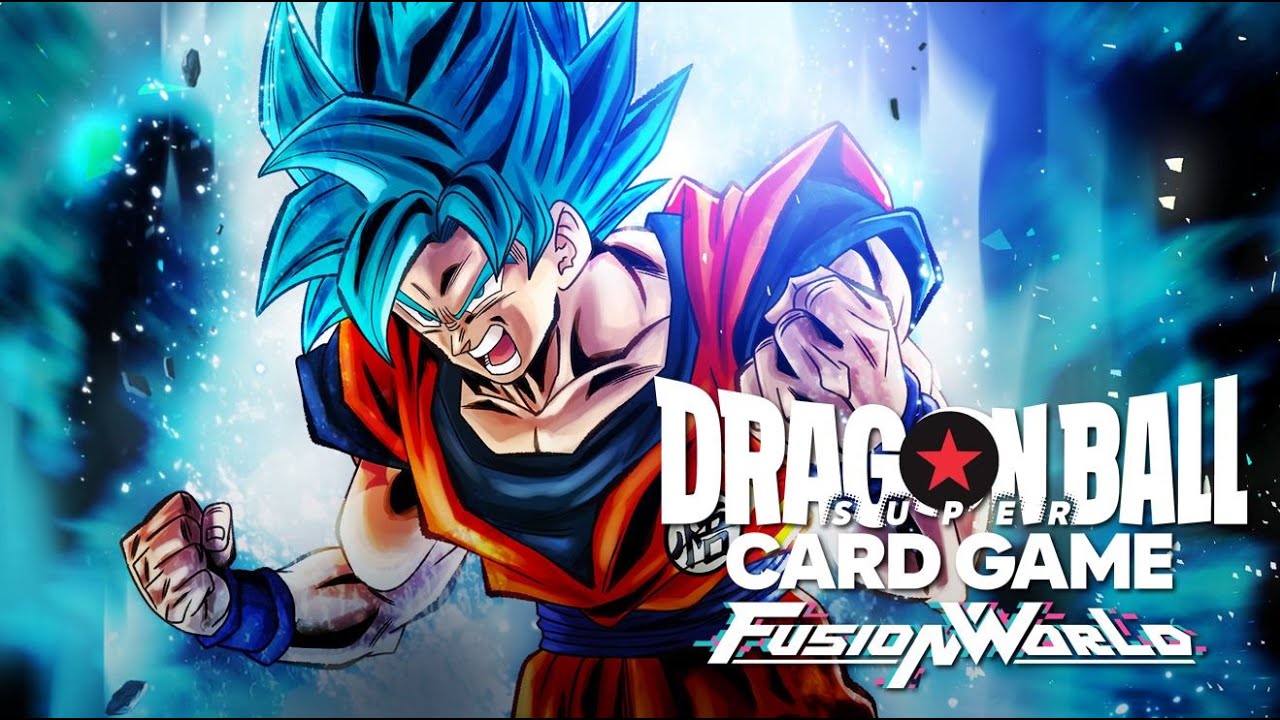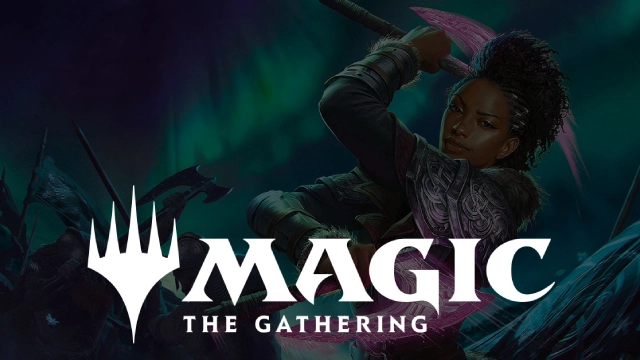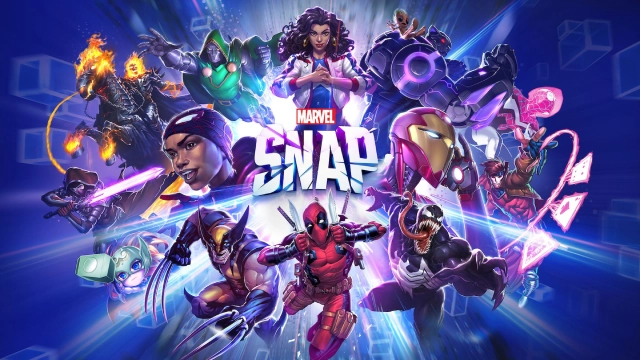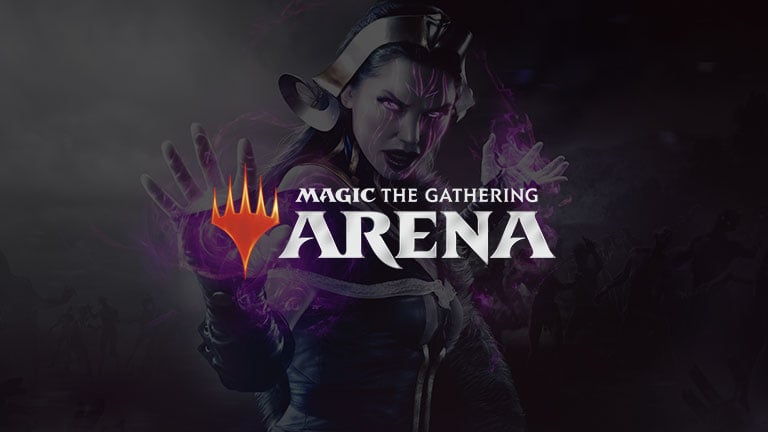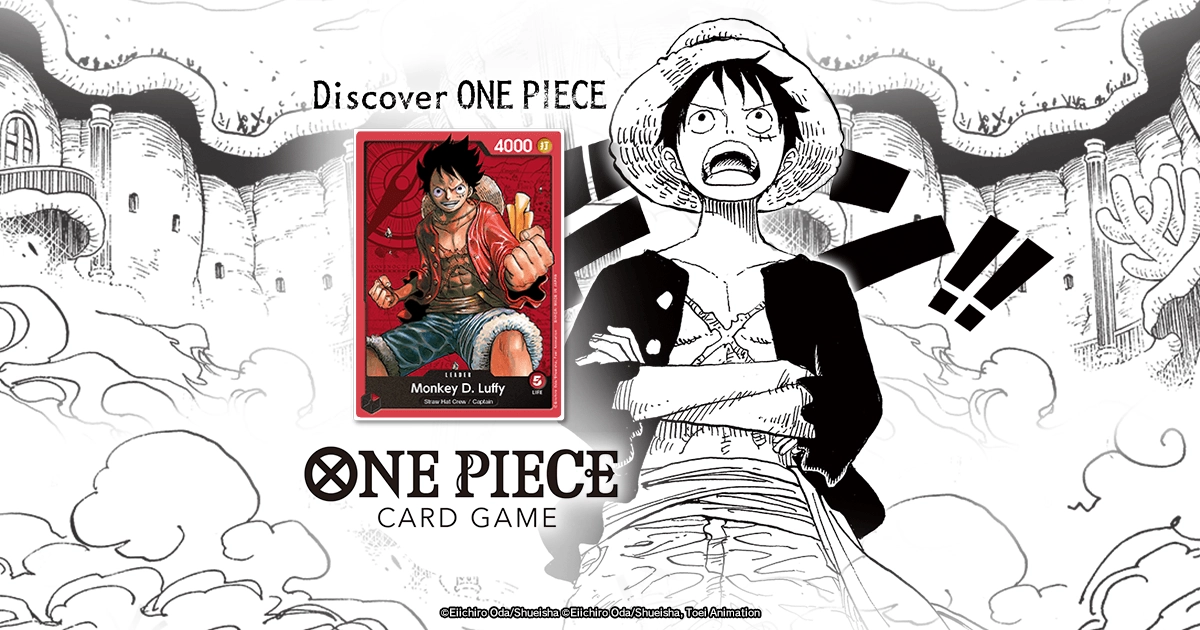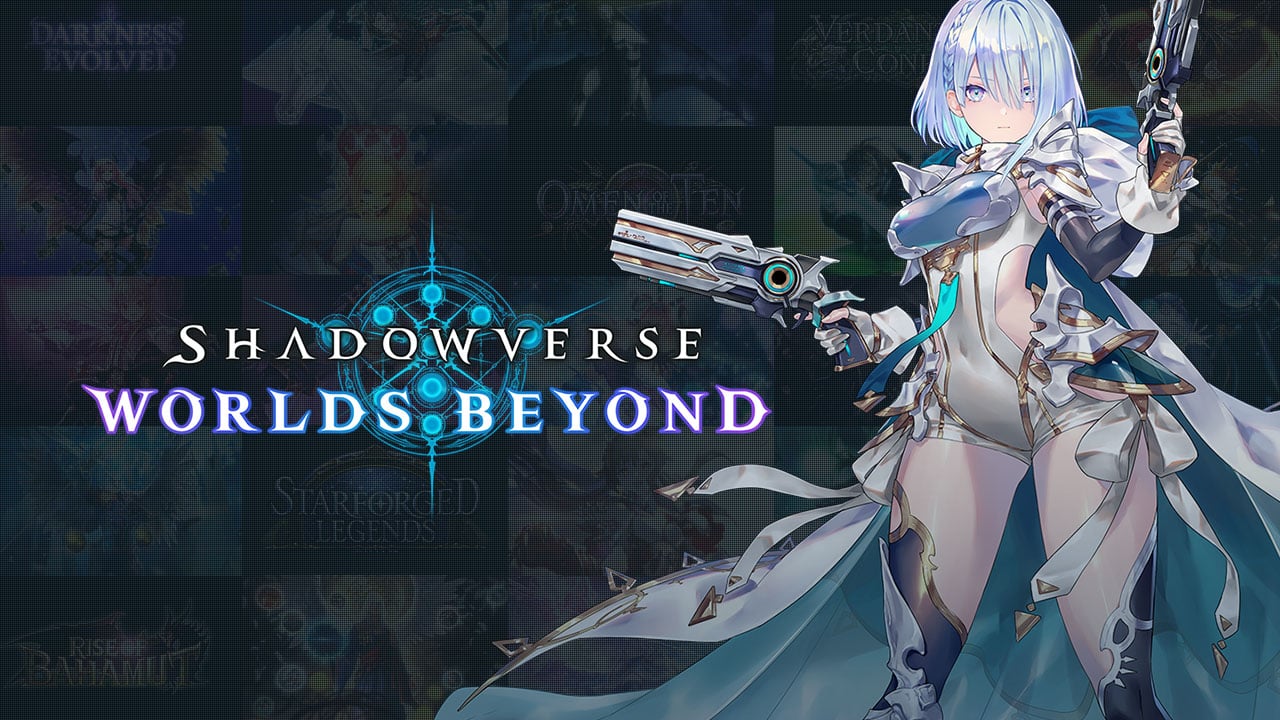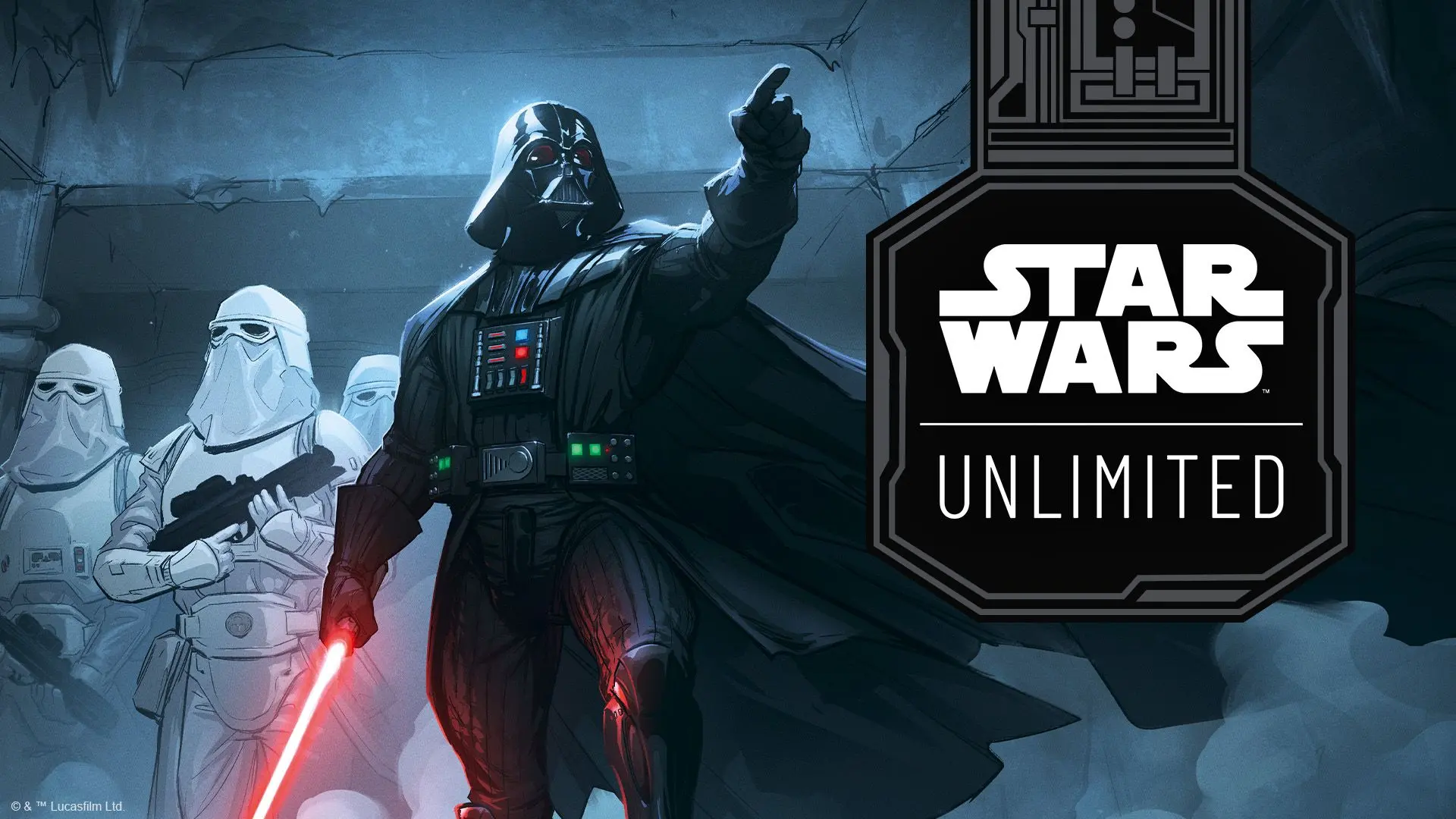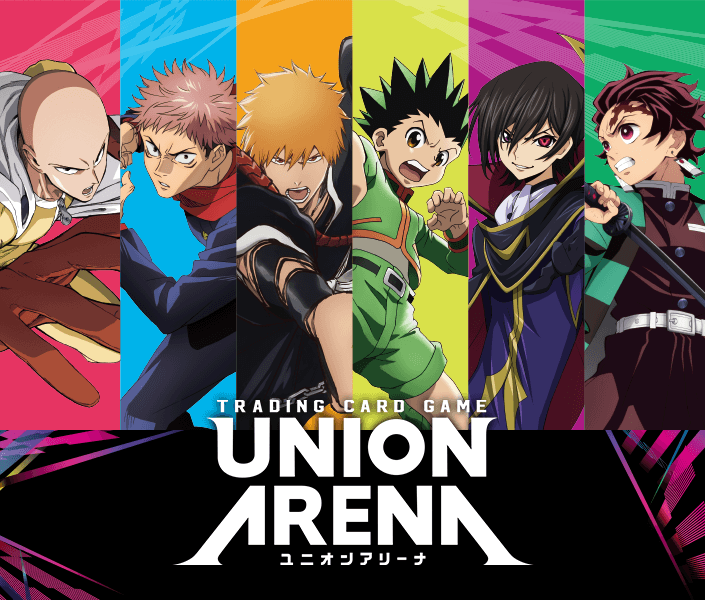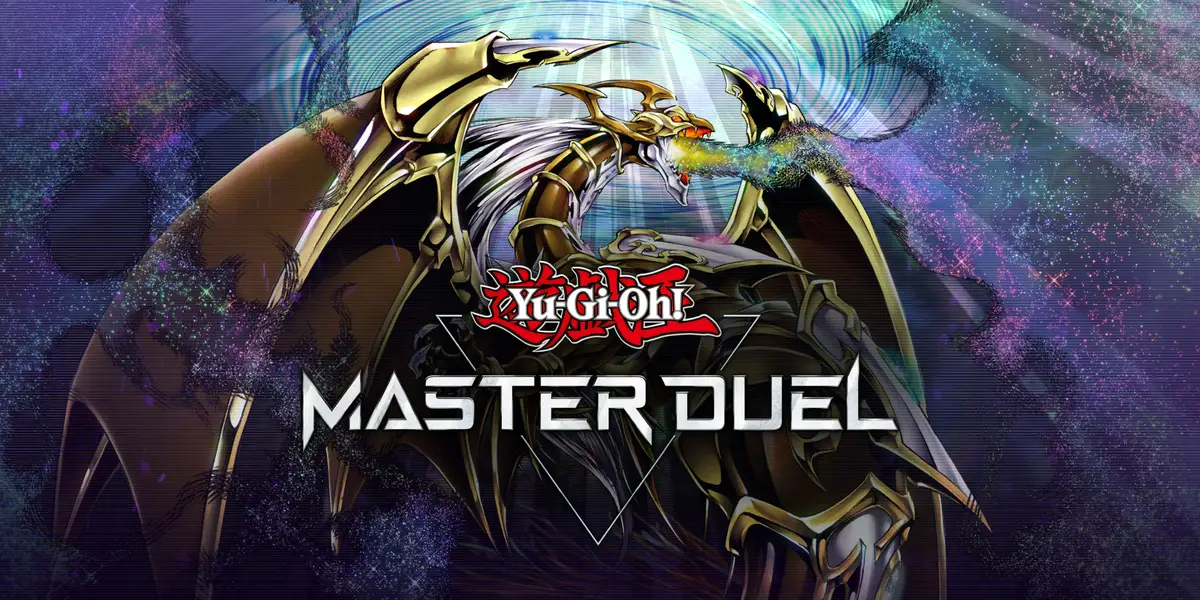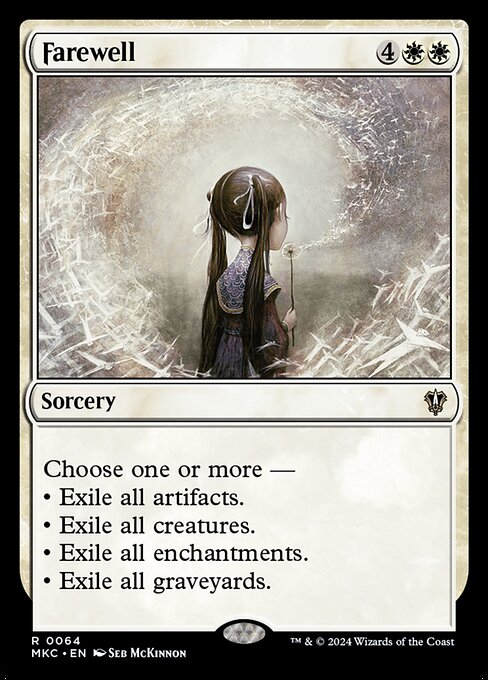Table of Contents
This is a community guest article and does not reflect the views of MTG Arena Zone or DotGG staff.
The first time I ever saw Magic: The Gathering on TV was at 1:30 A.M. on ESPN2, and even as someone who had been playing the game for years, I walked away with the impression that Magic just wasn’t cut out for televised coverage.
I eventually took a long break from the game, but through a series of events that included Nizzahon’s Top 10 videos and Jim Davis’ Bronze To Mythic series, I found myself glued to the coverage of Magic 30’s World Championship. Unsurprisingly, coverage of a Magic event in 2022 is considerably better than it was in the late 90s. Watching Magic played on MTG Arena is inherently more viewer-friendly than watching it played in paper. Being able to see what each player holds in their hand and being able to read the text on the cards that are played make it easy to follow the action even if you only have a passing knowledge of the card base. It also forces every action to be clearly articulated and conveyed to the audience.
While I don’t think Magic has to be played on Arena for it to be an enjoyable experience for a viewer, I do think it makes the barrier to entry easier to overcome. I strongly believe Magic has the potential to be as popular as Chess or Poker if they’re willing to embrace some changes to the presentation. With that in mind, here are 9 changes to help Magic coverage push through to the next level:

Spectator Mode
Create a ‘Spectator Mode” on Arena that shows both hands revealed and allows the user to interact with the graveyard, exile zone, etc. In a perfect world this would allow people at home to follow along with the action, but mainly it should be accessible by the commentators so they can better talk about what the players may be thinking about in terms of strategy.
There were a number of times, particularly in games involving Greasefang, Okiba Boss, where the commentary team needed to know exactly what was in a player’s graveyard and exile zone, but could only speculate. If a player has knowledge of which cards are in a specific zone, the commentary team should as well.
Practice Board
Give the commentary team had a “Practice Board” similar to what they have in Chess, which allows them to interact with the board so they can better illustrate concepts for the audience. While this should never give the audience information a player doesn’t have, we shouldn’t be able to look through a deck or draw cards, this would help out tremendously when it comes to very complex board states.
The game between Jim Davis and Jakub Tóth on Day 2 is a perfect example of where this would be relevant, as each player had a large number of creatures on the board, and commentary was struggling to make sense of which creatures should attack and when. If they had access to a practice board they could have played out various attacking and blocking scenarios, giving the audience a better picture of the player’s decision-making process, thus drawing them deeper into the strategy of the game.

Judges
Commentary should have a judge on-hand. There were a few times when the commentary team seemed surprised by some of the card interactions, which isn’t surprising given how complex the rules can be. But if the commentary team is confused or surprised by the rules, then it stands to reason that a large part of the audience is as well.
With NFL coverage they always have a rules expert available to help walk them through what is happening, and Magic would benefit from a judge explaining why Ludevic, Necrogenius is able to exile cards from a graveyard when Dennick, Pious Apprentice is in play, for example.
“Hole Cam”
If the event is being played in paper, take a page from poker and institute a “hole cam” so the audience knows exactly what’s in each player’s hand. Every time a player draws a card they place it face down over a camera on the table just long enough to capture what the card is before putting it into their hand. This feels like a very minimal ask of the players, but would dramatically improve the experience for the audience.
Card Images
Commentary should have the ability to bring up an image of cards they’re talking about. If they have a spectator mode as described above this should be as simple as hovering over that card, but if the card is not yet in play they should still have a way to do this.
If one of the players is drawing to Farewell, for example, it would help if they could show that card on screen so the audience knows exactly what to look for the next time that player draws a card. Teaching the audience to be excited about a card on sight is better than asking them to react to commentary being excited about it.
Regular Coverage
Regular coverage of events. If WotC wants to make Magic a spectator sport, and I absolutely think they should, this is a must-have. This is something Chess has excelled at with a mixture of in-person and online events, and Magic could easily do exactly the same thing.
Roll out full coverage for Regional Championships, Pro Tours, Arena Championships, and the World Championship. Additionally, Arena should have some kind of tournament every other week that receives coverage, even if it’s only the semi-final games or final game that gets commentary.
Game Footage
Release game footage, including draft footage if the format is Limited, and encourage analysts to cover the games on YouTube or Twitch. Both Poker and Chess excel at making the audience smarter by walking them through high-level play, and making your audience smarter is always a good thing. This would be even better if there was a way to load a game in spectator mode on Arena so the person talking about the game could click through action-by-action, but even just being able to play the game in real-time and pause to discuss concepts or strategies would be huge for Magic.
Not only would this make for a larger, smarter audience, but it would also increase the player base and make high-level play more accessible to additional players who only need a small push to jump their game to the next level. If 17Lands can produce a “Replay Board” then Arena itself has to be able to do a better version of it.

Better Magic Clock
Create a standard for “Magic Clocks”. At Worlds this year, because the games were being run on Arena, each match had a time limit of 25 minutes. While I think timers are a good idea, I’m not sold on 25 minutes per match being the standard for high-level play.
For me, the best allocation of time would be 15 minutes per game, with 5 minutes of bonus time if the game reaches turn 10. This gives players enough time to play into the late game while also keeping the urgency of a clock to help push players into making actions in a timely manner.
Live Pairings, Standings, and Results
Make it easier to follow the pairings, results, and standings. This was an absolute nightmare when trying to follow the Magic 30 Worlds coverage, as the official website wasn’t even listing the pairings for a round until the round had ended, and often the results of that round weren’t posted until the following round was over.
Luckily I was able to get timely information directly from MTG Melee, but this was far and away the most frustrating part of trying to follow the tournament. Toward the end of Day 2 they kept talking about how one player with a 9-4 record was likely to make the top 4, but never even attempted to explain what the tiebreakers were, how they were calculated, or which players were in the best position if it came down to that.
Once again, MTG Melee was the only reason I had any idea what was going on with this aspect of the tournament, but there is no reason it should have been necessary to go outside of the broadcast to get this very basic information.
Conclusion
I love Magic: The Gathering, even more than I’ve ever loved either Poker or Chess. There certainly other ways they could improve the viewing experience, but I believe these would make the greatest impact to how the game is viewed. And I cannot stress enough how important I think it is for them to try. Poker set the precedent for broadcasting a game not known for being audience-friendly, and Chess has followed that road map to perfection. I find Magic to be more inherently interesting than either of those two games, and I genuinely believe it could be the next game up.
Premium >
Enjoy our content? Wish to support our work? Join our Premium community, get access to exclusive content, remove all advertisements, and more!
- No ads: Browse the entire website ad-free, both display and video.
- Exclusive Content: Instant access to all exclusive articles only for Premium members, at your fingertips.
- Support: All your contributions get directly reinvested into the website to increase your viewing experience!
- Discord: Join our Discord server, claim your Premium role and gain access to exclusive channels where you can learn in real time!
- Special offer: For a limited time, use coupon code L95WR9JOWV to get 50% off the Annual plan!
